Trust us when we say, everyone (and their neighbors) hates a loud swimming pool pump. Depending on where you place your pump, the screeching of the bearings can actually become unbearable and possibly cause a rift between you and your neighbors (we’ve seen it before). If your pump is running loud, the first thing you want to do is simply listen to it to determine if the noise is coming from the wet end of the pump or the motor.
Pump Noise
Some pumps naturally make a lot of noise, while others are produced by manufacturers who have made extra efforts to design quieter pumps (such as the Pentair Whisperflo). There could be several reasons why your pump is making a loud noise. What kind of sound is the pump making? If it sounds like there are small rocks in it, this can be from the pump vibrating on the pad it sits on, or it could be cavitation.

Cavitation
Cavitation happens when the pump cannot get enough water fast enough, or the pump is starved for water. The pump impeller is spinning a lot faster with not enough water and it begins to beat the air molecules out of the water. Over time, as the pump sucks in air, the pump can lose its prime. Once this happens, the pump will run dry and the water that is left in the volute will boil and steam.
Once the water starts to steam, you have to worry about the rest of the pump functioning correctly. The steam will rise up and potentially cause the shaft seal inside the pump to fail. When this happens, the suction side fitting in your pump can also start to melt and become loose.
If the pump runs too long, the impeller will start to get really hot. Inside the impeller shaft is a brass insert that will separate when the impeller shaft gets hot enough. Once this happens, the impeller will start to rattle around inside the pump, causing a loud, uncomfortable noise
Internal Blockage

Another area in the pump you should pay close attention to is an internal blockage. Sometimes debris will get pulled into the pump that will cause it to make a grinding noise. Also, there are some pumps that if the impeller is touching the face of the volute, it will cause a grinding sound.
Motor Noise
Now, if your pump sounds like a small litter of cats are screaming at you (and your neighbors), then the culprit is probably the motor. Typically, this indicates the bearings on the motor are starting to go bad. Bearings are mounted onto the pool motor to help reduce the friction as the electromagnets make the motor shaft spin. This is high wear and tear item within the motor. Although bearings are relatively cheap to replace, the labor is intensive. Most motors have two different sized bearings and usually require a special bearing puller to remove them.

The first thing you should know is you cannot lubricate the motor bearings. You will either have to change the bearings or replace the entire motor. Keep in mind, your motor comes with a one year manufacturer’s warranty but it will not cover damage due to seal failure.
There is something you can try before running out to a repair shop. You can grab a regular hammer and forcefully tap the top of the motor casing a few times. Sometimes jarring the pump motor a few times will knock off surface rust between the motor’s armature and the motor windings. This does not always work, but it’s worth a shot.
If you feel you cannot change the bearings yourself, you can take the motor to a local small motor repair shop or simply purchase a brand new motor. INYOpools.com offers low, competitive pricing and free shipping on replacement motors. Feel free to give us a call at 877-372-6038 and we can price a new motor and shaft seal for you.

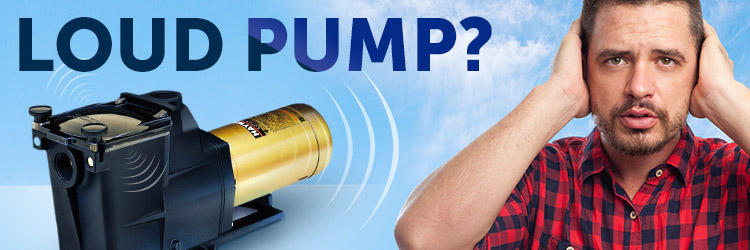


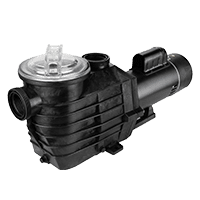
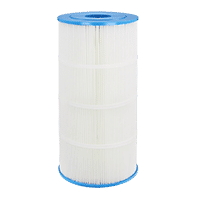
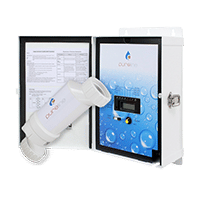
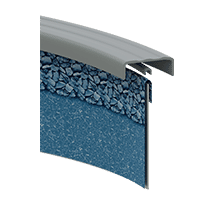

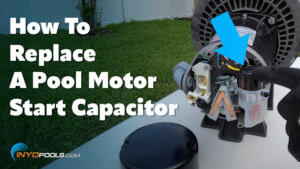
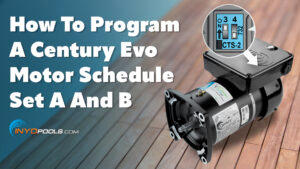

Leave a Reply